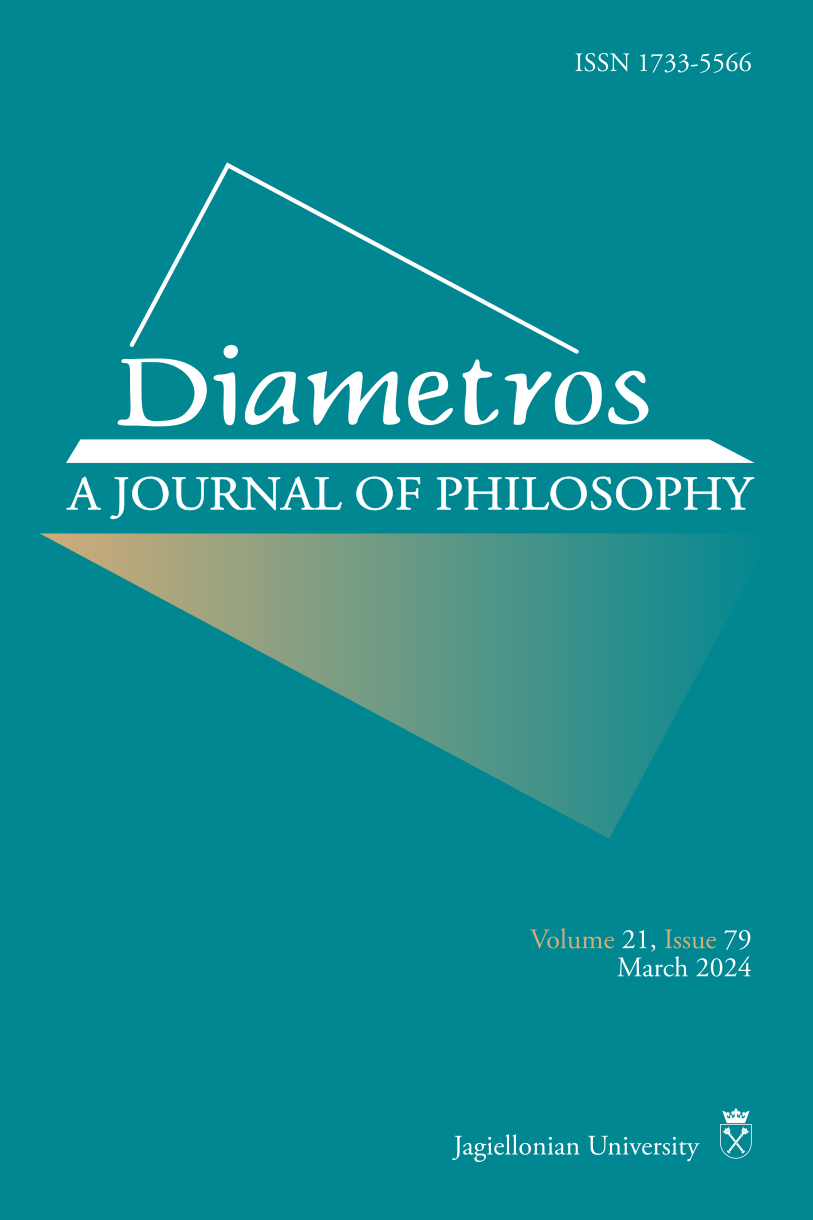Justice Without Retribution? The Case of the System of Communal Security, Justice and Reeducation of Montaña and Costa Chica in Guerrero, Mexico
Justice Without Retribution? The Case of the System of Communal Security, Justice and Reeducation of Montaña and Costa Chica in Guerrero, Mexico
Author(s): Alexander StachurskiSubject(s): Criminal Law, Penology, Penal Policy
Published by: Instytut Filozofii Uniwersytetu Jagiellońskiego
Keywords: restorative justice; indigenous rights; criminal justice; retributivism; victim participation; reconciliation;
Summary/Abstract: This paper discusses a non-state justice system (Sistema Comunitario de Seguridad, Justicia y Reeducación, hereafter: SCSJR) applied by some of the Afromexican and Indigenous communities of the Guerrero state in Mexico as an example of a maximalist restorative justice system. Restorati- ve justice is presented here as an alternative to criminal justice. While it responds to similar moral concerns as retributive justifications do, it offers more adequate mechanisms of dealing with certain crimes and aims to reduce coerciveness of justice when dealing with lawbreaking. Restorative justice is also an approach that should be perceived as more legitimate when handling cases where the state lacks the moral standing to prosecute offenders. The SCSJR is used as an example to demonstrate the possibility of a justice system based on restorative principles to be effective in handling the entirety of lawbreaking in a community. In the case of the SCSJR this approach to justice has been proved to be effective even in the wake of high levels of criminal activity in the region. This paper discusses the SCSJR’s institutions and attitude toward lawbreaking and argues that they demonstrate an example of a justice system based on restorative justice.
Journal: Diametros
- Issue Year: 21/2024
- Issue No: 79
- Page Range: 24-39
- Page Count: 16
- Language: English

